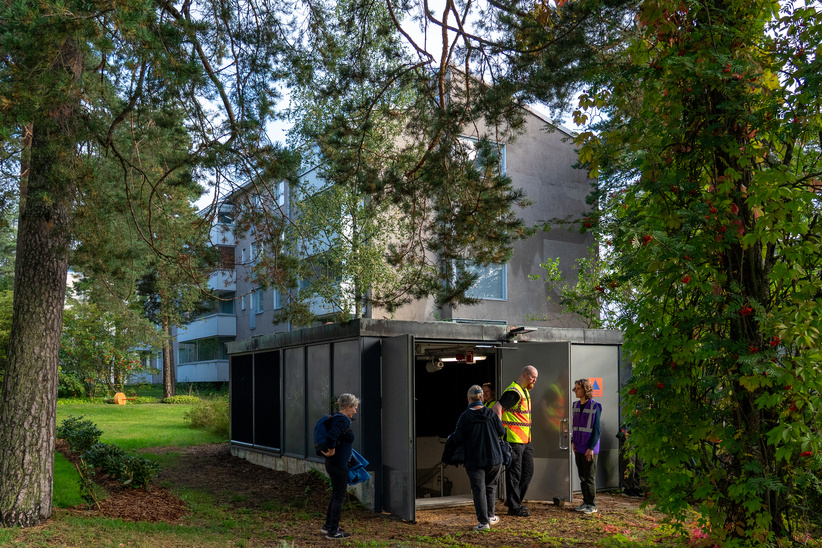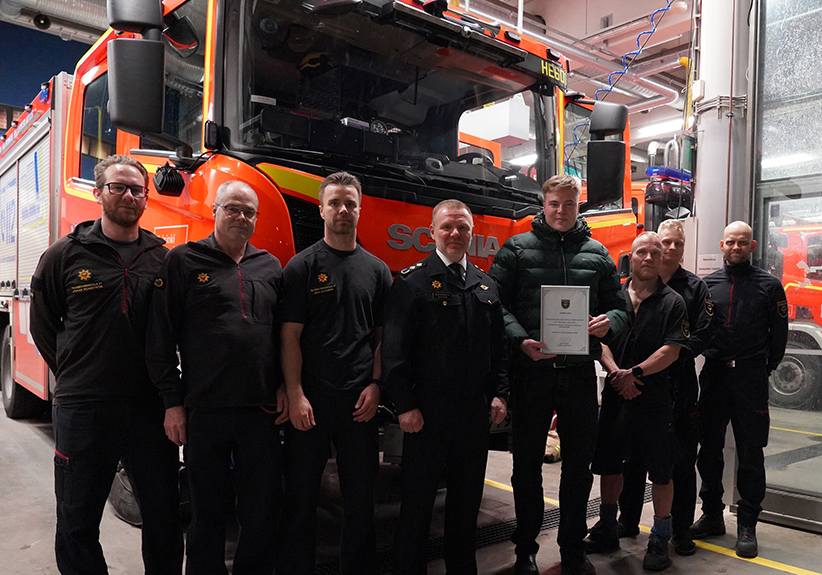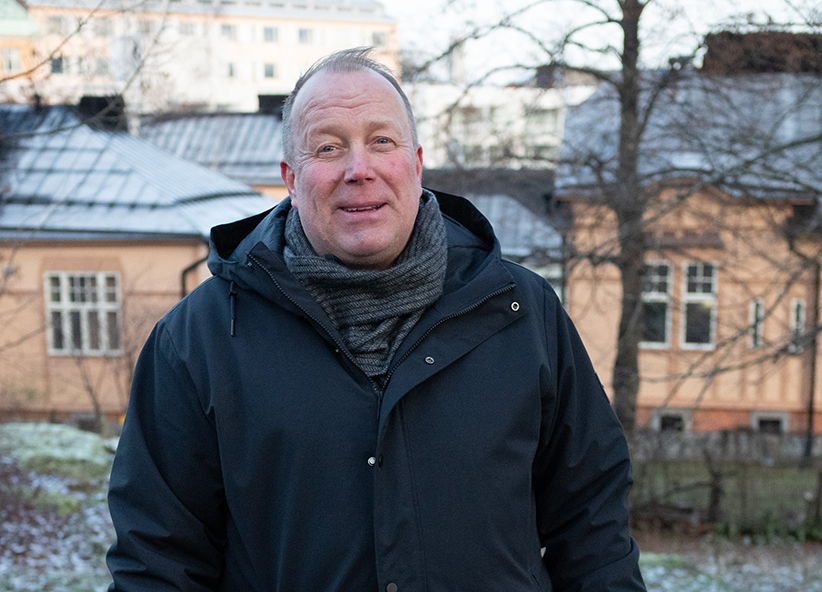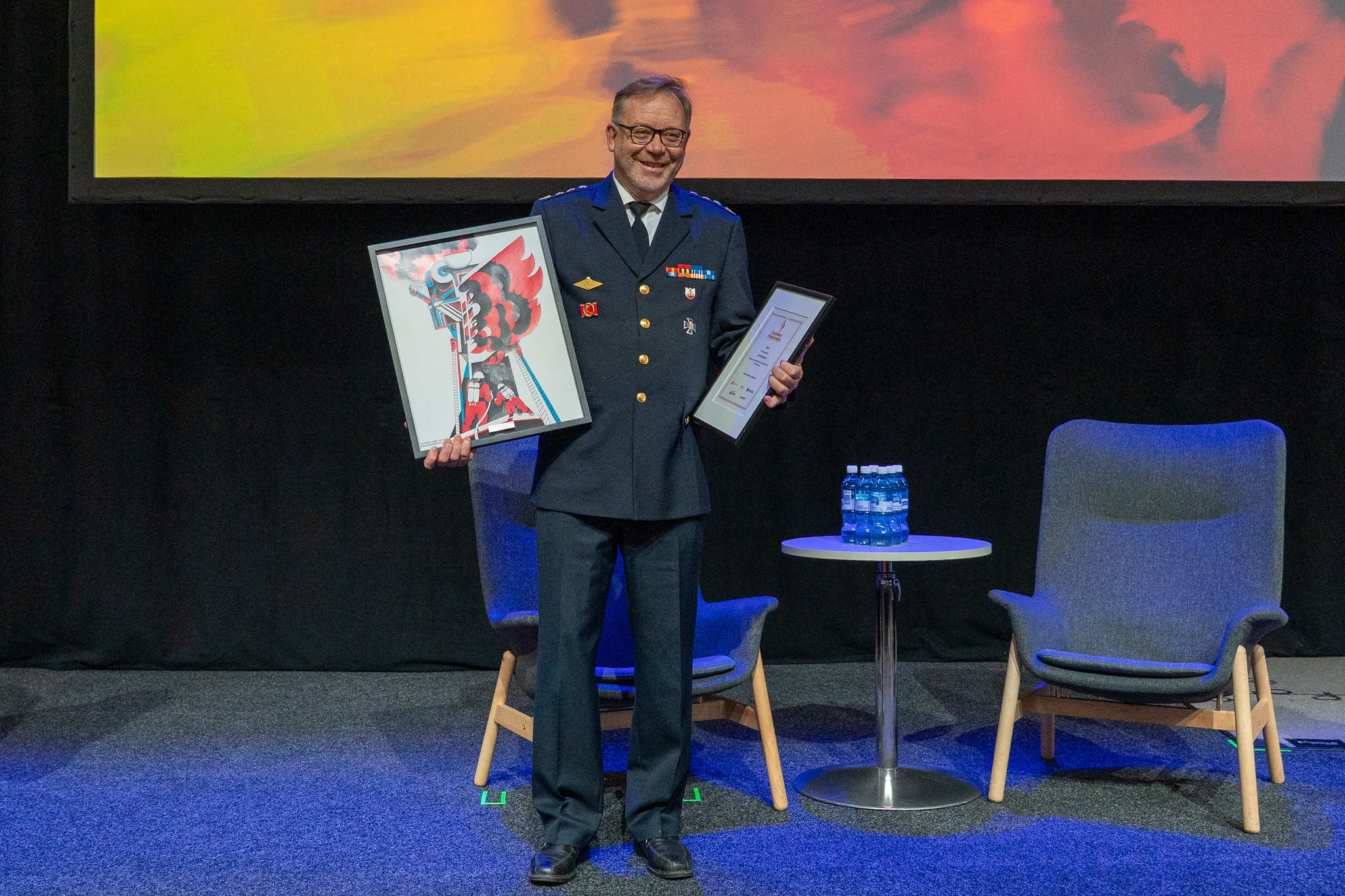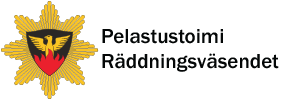
Shifting our perspective from the location to our shared challenges
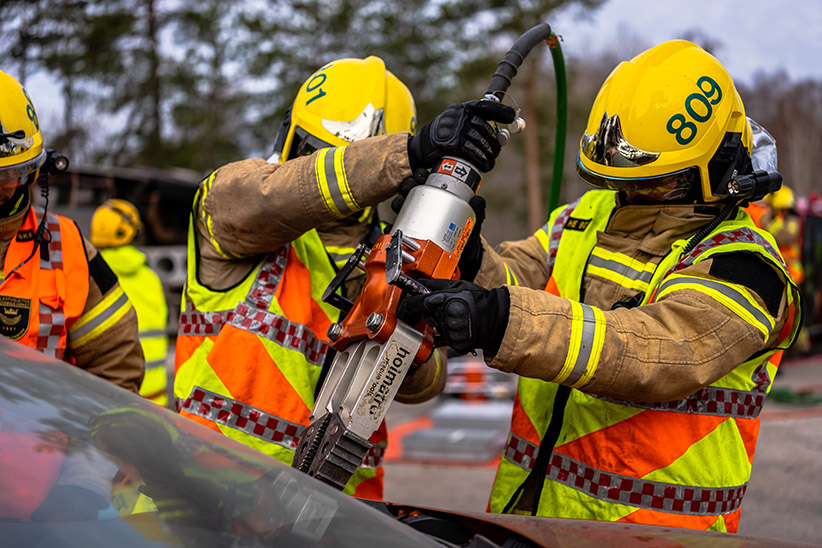
Executive Director, Helsinki City Rescue Department: Finland has two high-quality schools of rescue services. Both institutions are direly needed, and additional funding has been proposed for both.
Recently, there has been much public debate about rescuer training and the relationship between Helsinki Rescue School and Kuopio Emergency Services Academy and the additional funding these institutions have received. Kimmo Kohvakka, Director General for Rescue Services, expressed his views in his column (5 December 2023) and stated that the challenges faced by the field of rescue services are elsewhere than in the training.
The Finnish Government proposes significant financial contributions to rescuer training, even though the economic situation of Finland is very difficult. I agree with the Director General that we should be delighted with the additional funding and shift our gaze to the challenges ahead.
Finland has two high-quality schools of rescue services. Both institutions are direly needed, and additional funding has been proposed for both.
At the moment, the Emergency Services Academy has 228 students looking to become rescuers. They will graduate in a year. Of them, 25 live in Uusimaa, and eight live in Helsinki during their studies. The rescue departments of Uusimaa currently have a total of 25 vacancies for firefighters. Helsinki alone will need 40 new rescuers by the end of 2024 for us to remedy the shortcomings in preparedness and open a new rescue station.
In comparison to the number of students from Uusimaa, it should be noted that, of current students of the Emergency Services Academy, 29 live in North Savo, 11 in North Karelia, and 16 in Central Finland. Even though this information relates to the students’ place of residence during their studies, it indicates where the students may find employment in the future. Based on this information, it can be said that the place of education is relevant, and not enough students from Uusimaa go to study in Kuopio. This is particularly concerning for the rescue departments in Uusimaa, and grounds for the necessity of both schools.
Focus on shared challenges
Direct General Kohvakka stated to the Pelastustieto journal (5 December 2023) that there are some who intend to make rescue training into a topic of political disputes between regions. I have personally brought up on several occasions that, instead of arguing among ourselves, the entire rescue sector should focus on our shared challenges. We must ensure that rescue training attracts a sufficient number of students, regardless of location.
In order to double the rescue training provided, a multiple number of applicants would be required, compared to the current applicant numbers. Places in education must not be filled forcedly; instead, all students must meet the requirements of the field. Currently, we are practically unable to reach students in upper secondary education at all. This means we are losing the target group and age groups that would have the most potential. We must remedy this shortcoming immediately by working together with educational institutions and rescue departments.
Helsinki Rescue School trains rescuers for all of Finland
The public debates have involved false claims about Helsinki Rescue School. I wish to correct these claims.
One of the claims is that realising state-funded education as proposed by Helsinki Rescue School threatens nationwide equality. It has also been suspected that the City of Helsinki controls the Rescue School through the City’s performance targets, which could further endanger equality. It has also been suggested that rescue training that is of consistent quality and in line with the curriculum and that serves all of Finland equally can only be achieved when the training is provided by a single operator.
There are dozens of vocational schools in Finland that follow the national curriculum and realise the education through various implementation plans. Different implementation plans and studies that focus on employment are a part of modern education. Rescuer training should also change with the times and allow for different ways of realising education without compromising quality. It is the responsibility of the Emergency Services Academy to accept the curriculum for the training.
In public discussions, references have also been made to the audit of Helsinki Rescue School carried out by the Finnish Education Evaluation Centre (FINEEC) in 2022. The aim of the audit was to find out how the vocational education provided by the Rescue School meets the conditions set for it in the operating licence granted by the Ministry of the Interior. The assessment report highlighted the strengths and areas of development of the Rescue School. All areas of development mentioned in the report have been improved.
Among others, Helsinki Rescue School has worked with Helsinki Vocational College and Adult Institute, owned by the City of Helsinki. Through this cooperation, we have gained access to the competence and experience of the most extensive educational institution in Finland organising vocational education, continuing professional education, apprenticeships and preparatory education for an upper secondary qualification. This strong partnership and cooperation has allowed us to reduce our administrational work and increase our cost efficiency. We will continue this cooperation.
Discussions about rescuer training in Swedish have been ongoing for several years. After a long wait, a rescuer course was organised in Vaasa as regional training, the participants of which will complete their training in December. Unfortunately, the course did not get a full number of participants, and the needs of the field were not fulfilled. The rescue sector requires regular rescuer training in Swedish. To get enough applicants for the courses, the start dates and location of the courses must be planned sufficiently far into the future.
False information has also circulated about the funding of Helsinki Rescue School. The City of Helsinki has funded the Rescue School since 1972, and the graduates from the school have also found employment directly at Helsinki City Rescue Department. There have been erroneous views expressed in public discussions that this practice would continue now that the Rescue School is funded by the state. Moving forward, Helsinki Rescue School will train rescuers, as will the Emergency Services Academy, for the needs of all of Finland, but particularly for the regions of Uusimaa and Southern Finland. The Rescue School will follow the curriculum of the Emergency Services Academy.
Helsinki City Rescue Department recruits graduates in the same manner as other rescue departments in Finland. Those graduates who find employment in Helsinki will go through orientation regarding the special qualities of the capital city and emergency care.
Functional cooperation between the Department for Rescue Services of the Ministry of the Interior, the Emergency Services Academy, the Rescue School and the rescue departments is the foundation of the Finnish rescue sector. Instead of arguing, we must shift our gaze and focus our efforts on recruiting future rescuers more efficiently and ensuring the competitive edge and appeal of the rescue sector.
Jani Pitkänen
Executive Director
Helsinki City Rescue Department
+358 50 4336 905
jani.pitkanen@hel.fi

